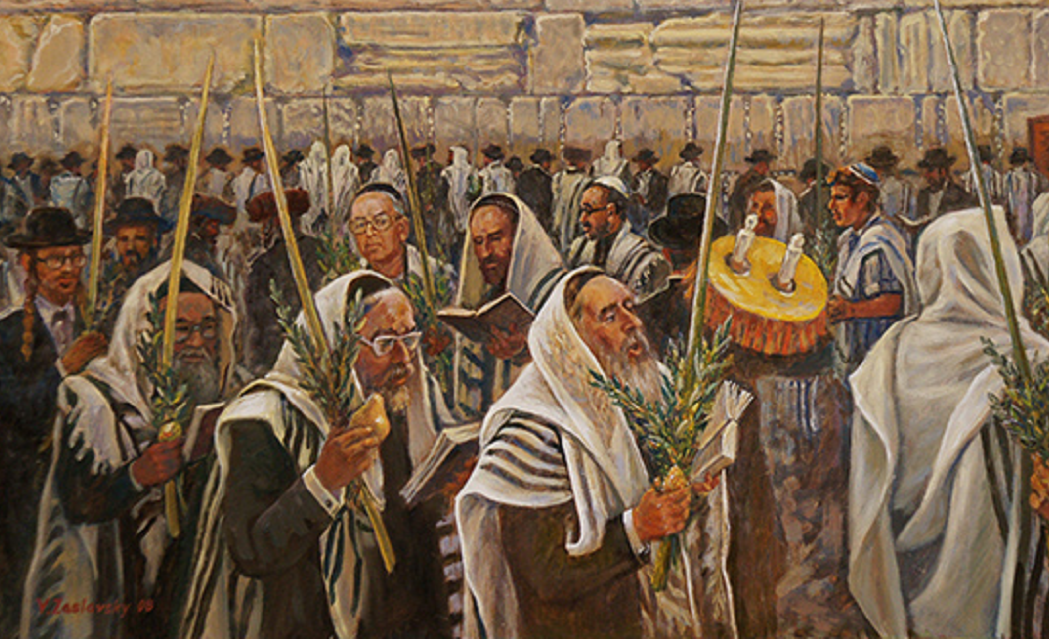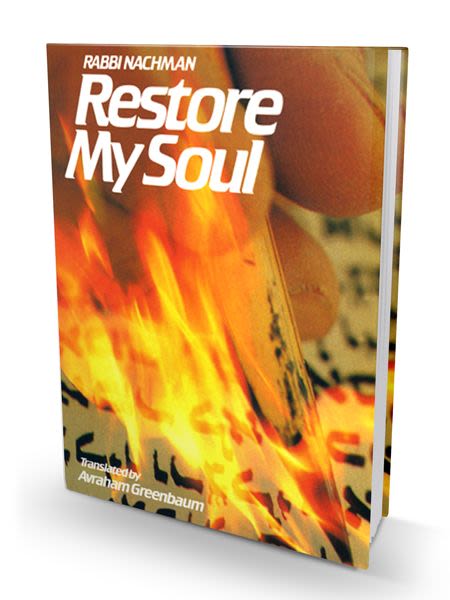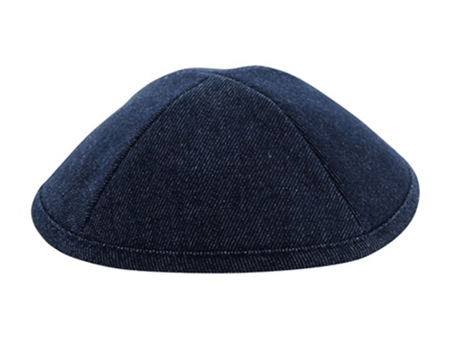
The Rebbe’s Gift
When we look at things with spiritual awareness in the way the Baal Shem Tov taught us to, the forces of impurity that cause sadness and depression all fall away...

Translated by Aaron Yoseph
The Rebbe gives us a the present that we aren’t really worthy of – the way to know Hashem, to have daat – spiritual awareness. That we should have the daat that the Baal Shem Tov revealed to the world, the daat that brings a person to be constantly joyous. Joyous isn’t the right word – to be alive, to be really alive. That there is such a thing as a person being constantly joyous and full of life. The Tzaddikim who wanted to be close to Hashem didn’t pay much attention to what they were going through in life – they had a different perspective on things. How is this relevant to us?
When we look at things with daat in the way the Baal Shem Tov taught us to, the kelipot – all the forces of impurity that cause sadness and depression – all fall away. Feelings of being distant from Hashem fall away. How can we cope with all that we have to go through? Everyone has his own story – his own package of  things that are holding him back from learning and praying. The Rebbe gives us this present, which helps us cope.
things that are holding him back from learning and praying. The Rebbe gives us this present, which helps us cope.
“When a person knows that everything that happens to him is for the good,” – this is the present we received on Har Sinai, but we forgot about it. Rebbe Nachman reminds us of it in Torah Dalet (Likutei Moharan I:4). It’s the gift of emuna. Hashem is here. Whether things are going well, or whether things aren’t as we’d like them to be, we need to know that it’s all from Hashem, it’s all under His loving hashgachah pratit. When we believe in this, we elevate the Shechina. “There is a King here, seated on His throne. He is organizing everything – every thought, word and deed. Whatever anyone else does to me – He is orchestrating it.” This is Malchut Hashem, and when a person has this Emuna, he elevates the Malchut, Hashem’s monarchy.
This is a person’s task every day. There are times for praying, times for learning, and the task the whole day long is to crown Hashem over whatever we go through, to accept it all with love, and to not get confused or agitated about how it “should have been different.” “Hashem is in charge. I pray to Him, and He helps me.”
Picture to yourselves having to go and live in Manhattan on Sloane Square, one of the richest streets. You are surrounded by all the vanities of this world, which dance about around you, and there isn’t a shul in sight. How long could you stay there? A week? Two weeks maybe? Whilst you’re there, you are depressed, thinking, “What on earth am I doing here?” Never mind living there for seventeen years. You’d be lost forever.
Yaakov Avinu went down to live in Egypt, together with Yosef, and had the best years of his life! Yaakov is daat itself – to know about Hashem, and Yosef is the way to pass this daat on to the coming generations. Yaakov and Yosef went down to Egypt to teach us how to survive in the lowliest of situations. Egypt was full of witchcraft, sorcery, and illusions. There was an abundance of gold and silver and glory, and an abundance of filth and depravity. And right there a Jew had to sanctify himself with the holiness of being a Yisroel. “I’m a Yid!” and to know that the little that he can do is enough. That way, he does a bit more, then another bit, and he comes to life.
If Hashem sent me here, and I know that everything that happens is for my best, it must be that I’m correcting things here. This knowledge enlivens me. And with this enlivenment, I can do real teshuvah, guard myself from all evil and in the end manage to escape the Egypt-style impurity and come to a place of kedushah. But we need to stay afloat in every situation – even when we’ve been thrown onto the rubbish dump and things are very hard. Believe that it must be for the purpose of correcting things, and that Hashem is with you there. Cry out to Hashem for help, and the rest of the day be joyous. This is way to get out.
But if a person says, “I fell – and that’s a sign that I’ll never succeed,” then he’ll stay down. This is what Amalek says. But we say, “I fell, but I’m getting up again.” Know that it’s a correction, and be happy that you are, Baruch Hashem, doing something. Do a bit more – whatever you can, and however it goes, be happy.










Tell us what you think!
Thank you for your comment!
It will be published after approval by the Editor.